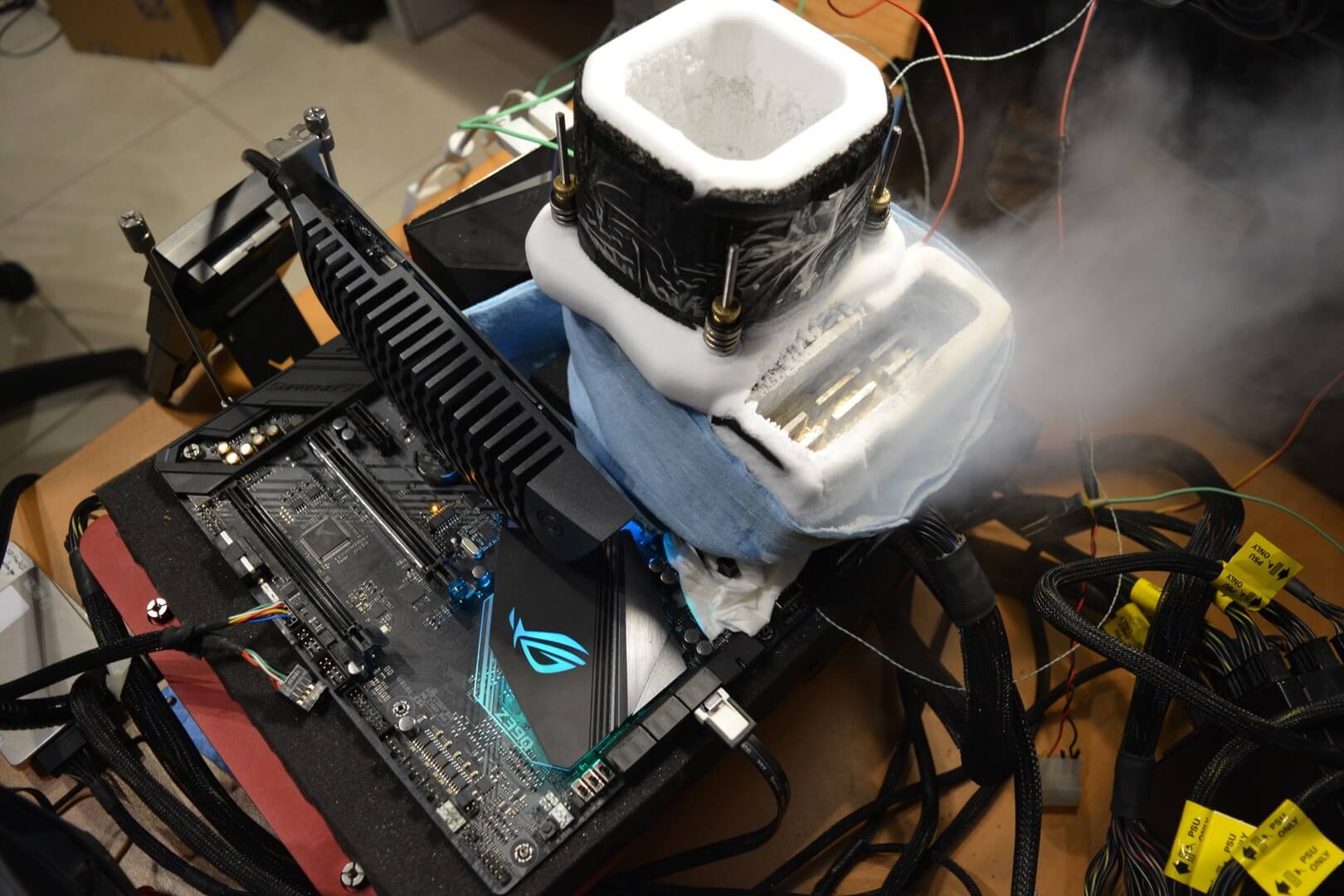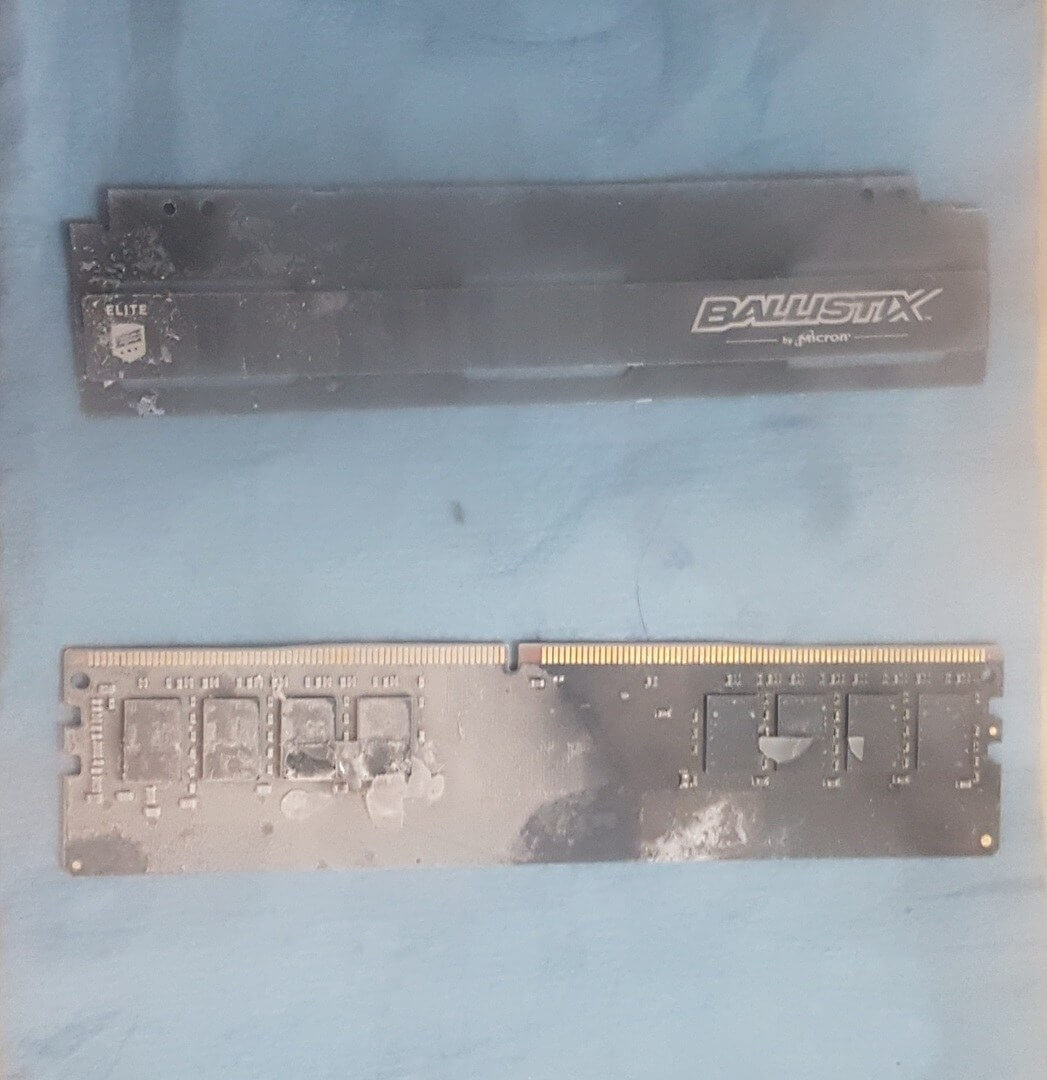What just happened? Micron now holds the world record for fastest DDR4 memory. On Thursday, professional overclockers ran a kit of Micron Ballistix DDR4 3600MT/s modules as a blazing frequency of 5,726MHz.
Stavros Savvopoulos and Phil Strecker from Overclocking Gaming Systems, who ran the Micron kit in a custom liquid nitrogen cooled unit, said they were surprised at how easy the Ballistix were to overclock.
"We were blown away by how surprisingly easy it was to overclock these Ballistix Elite modules," said Savvopoulos. "Other modules we've overclocked can be temperamental and need to train at temperatures lower than the one required for stability; but we didn't experience that with Micron's E-die, which scaled much better with both extreme voltages and temperatures. Overall, it was easy enough to call the whole experience plug and play!"
So far this year, the record for fastest overclocked DDR4 has been broken three times. The first time was back on January 14, when overclockers Toppc took a Kingston HyperX Predator DDR4 module to 5,608MHz. On Monday, May 13, Adata's in-house testing lab ran a single 8GB stick of Spectrix D60G DDR4 at 5,634.1MHz. That record only held three days before Micron's run yesterday.
Furthermore, Micron's E-die sets it up to remain on the top of the list at least for a while. AnandTech reported this week that Samsung is discontinuing is B-die. It will enter EOL status in Q2 2019. This is a significant development since B-die chips were an extreme overclocking favorite.
In any case, Micron seems pleased to have its name at the top of the list and says it will strive to stay there.
"Breaking this world record reinforces our commitment to the enthusiast community," said Teresa Kelley, Vice President of Micron's Consumer Products Group. "We will continue to focus on offering an exceptional high-performance memory and storage portfolio, with Micron, Crucial, and Ballistix engineers striving to deliver leading-edge technology that redefines the performance boundary."
Images courtesy OGS via HWBot

